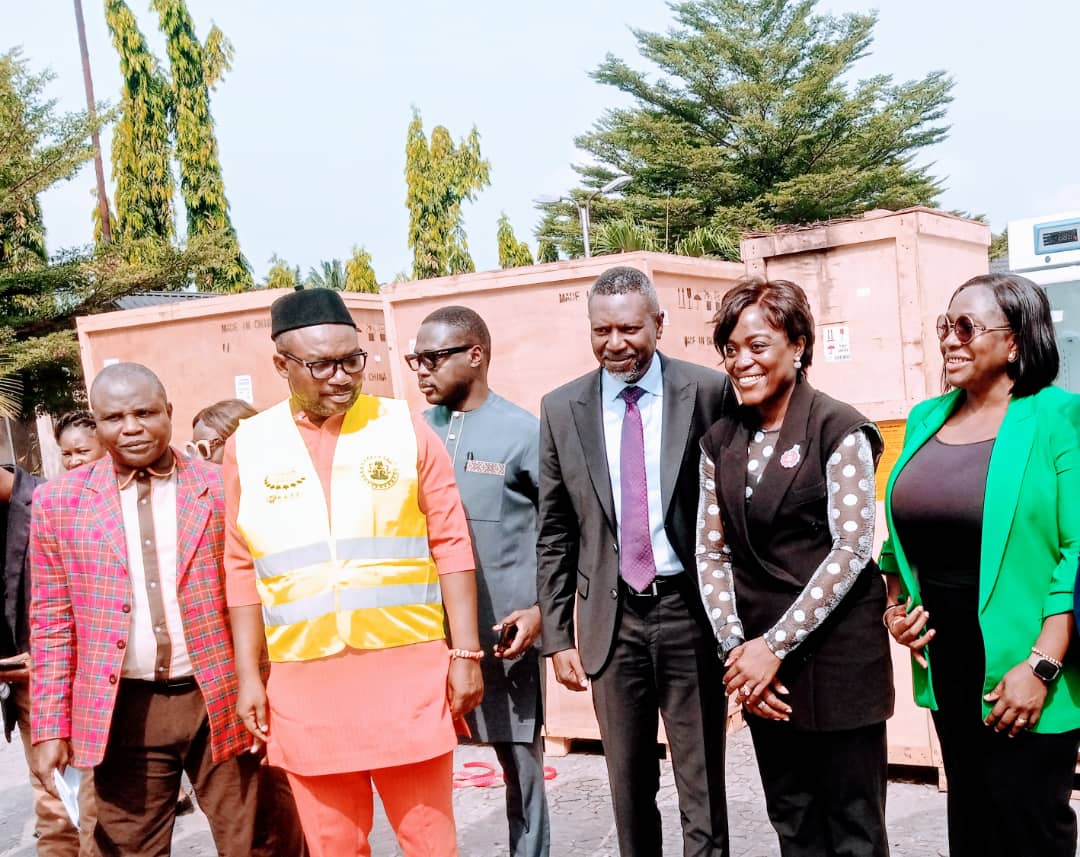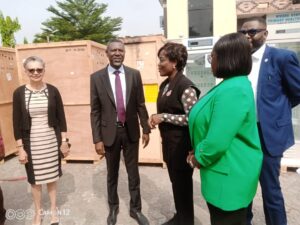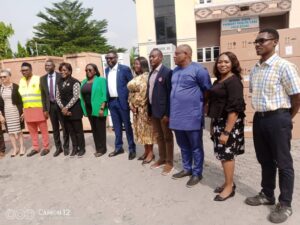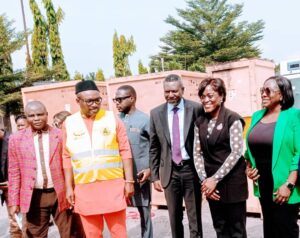Rivers
RSG Restates Commitment To Health
Rivers State Government says health and its related matters have been one of the priority areas of the present administration since its inception.
The state Governor, Rt. Hon. Chibuike Amaechi, stated this while speaking at a two-day national review meeting of the National Malaria Control Programme in Port Harcourt.
Amaechi, who spoke through the state Commissioner for Agriculture, Mr. Emmanuel Chinda, said the state government has always made its contribution to health, stating that it is in this administration in 2008 that the “state went beyond the World Health Organisation (WHO) approved total budget for health”.
He disclosed that Rivers State has consistently supported malaria control through the provision of commodities and capacity building of the operators of the project.
While informing that the state has commenced the biolavicide project in conjunction with LABIOFAM of CUBA, the Governor said all preliminary base line studies have been done to kick start the actual spraying.
Governor Amaechi said the state is also in the process of building a factory to produce biolavicide, which, he said, will serve the whole country, and called on the federal government to lead the advocacy for all states to adopt this strategy.
Also speaking, Dr. Babajide Coker, the National Coordinator of the National Malaria Control Programme, said every Nigerian has the right to access highly effective malaria preventive services and curative care delivered as close to their households as possible.
Coker said the goal of the meeting is to reduce the malaria burden by at least 50% and ensure that the disease no longer constitute a public health problem.
Earlier, the state Commissioner for Health, Dr. Sampson Parker, who was represented by the Permanent Secretary, Dr. Anthony Nwiado, said, apart from direct strategies of vector control, intermittent presumptive treatment and case management within the malaria programme, the state government has gone ahead to provide well-equipped primary health centres where services are readily available for the populace.
Dr. Parker said the emergency medical services has land ambulances , which evacuates patients from the hinterland and help reduce childhood deaths from complicated malaria, while boat ambulances and a boat hospital has also been acquired to take care of the riverine communities.
He said the state government is collaborating with multinational companies such as Chevron, Total-Fina-Elf, Nigeria Liquefied Natural Gas Company, Shell Petroleum Development Company and Africare in the quest to control malaria.
Rivers
Emulate Fubara’s Transformation Agenda, LG Boss Urges S’South Leaders … Calls For Investment In N’Delta
Rivers
Group Urges Consistency, Diligence In Nigerian Youths
Rivers
Immunization: Rivers Records Decrease In Women, Infant Mortality … As OPTS Donates Cold Chain Refrigerators To PHCMB






